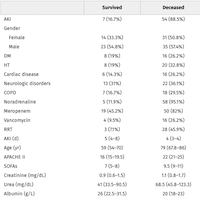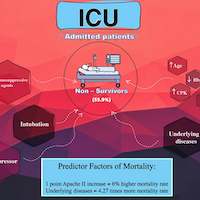Postintubation Sedation Administration in the Pediatric ED
journals.lww.com
Most pediatric patients do not receive PIS within an adequate time frame. Patients who receive long-acting paralytic agents are much less likely to be adequately sedated after rapid sequence intubation (RSI) compared with those receiving succinylcholine.
A total of 240 patients were included in the analysis. Of these, 28% met the primary outcome of sedation within an adequate time frame; 72.8% of patients received some form of PIS during their emergency department stay.
Patients receiving long-acting paralytic agents were much less likely to receive PIS with an odds ratio (OR) of 0.16 for meeting the primary outcome.
This was a retrospective cohort analysis of all pediatric patients who underwent RSI at a tertiary care pediatric emergency department from July 2007 to January 2016.
















